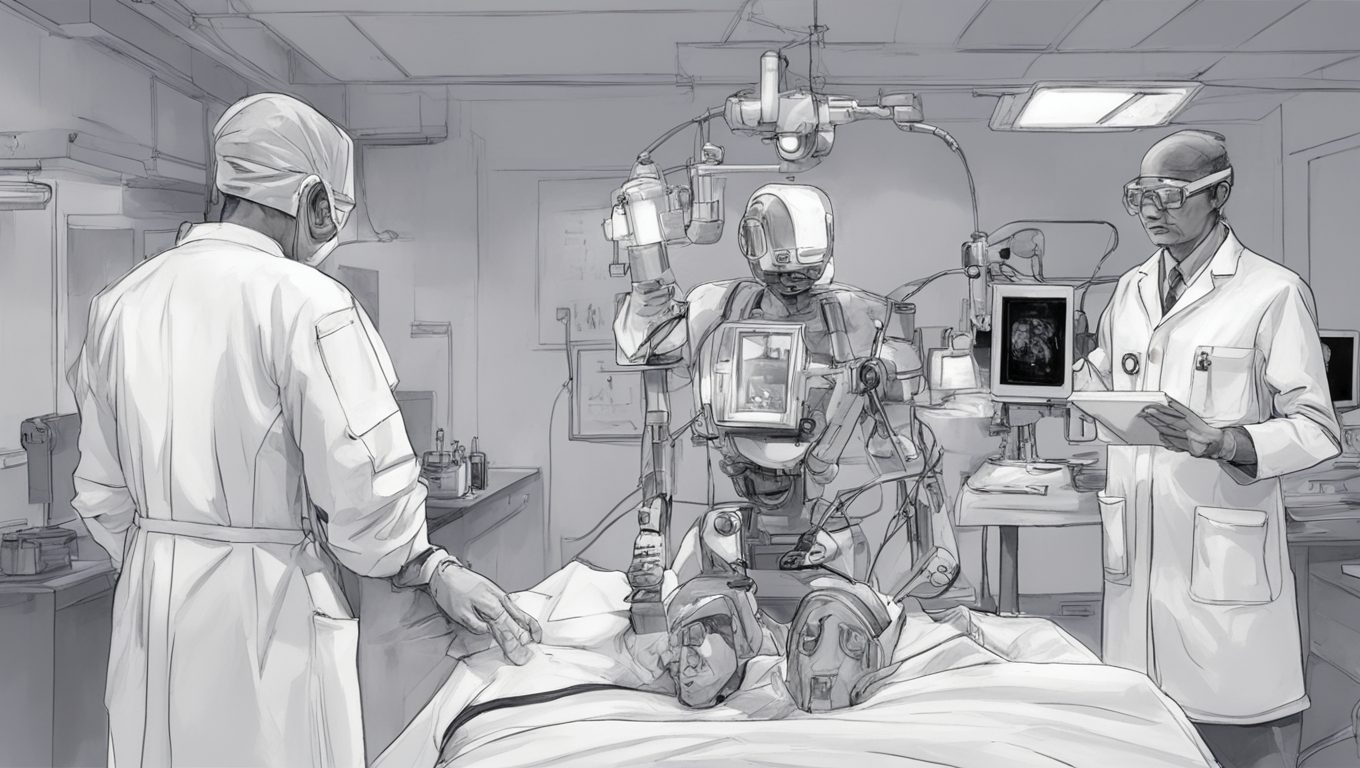The year 2023 has been a monumental one for medical advancements, with five breakthroughs that are set to revolutionize healthcare. These groundbreaking technologies are poised to transform the way we approach medicine and improve patient outcomes in remarkable ways.
Firstly, artificial intelligence (AI) has made substantial strides in the fields of cardiology and radiology. One notable development is the lung-cancer screening program called Sybil, which was pioneered by MIT and Mass General Hospital. Sybil has an astonishing 90% sensitivity in detecting early-stage lung cancer, even before a characteristic nodule forms. AI is not intended to replace doctors but rather to serve as a valuable tool that can enhance performance, reduce red tape, and function like a co-pilot on a sophisticated airliner.
Secondly, digital interfaces and implantable devices have made significant advancements in restoring lost functions to individuals. Implants in the human brain have successfully restored vision, speech, hearing, and mobility. We have reached a point where paralyzed individuals can not only walk again but also regain the sensation in their legs. Wearable monitors equipped with AI can detect potential health issues faster than patients themselves, facilitating prompt medical intervention. For instance, InfoBionic has developed a cardiac device that can directly transmit data to physicians to aid in diagnosing rhythm problems and assessing treatment effectiveness.
The third breakthrough lies in the field of transplantation and the utilization of animal organs. NYU Langone Health has been at the forefront of transplantation advancements. Dr. Robert Montgomery, chief of surgery and a heart recipient himself, has successfully implanted pig kidneys in human recipients. In one case, the patient lived on for over two months, with the transplanted kidney functioning and producing urine. NYU also achieved success in performing a pig heart transplant in 2022. Furthermore, Dr. Eduardo Rodriguez, chief of plastic surgery at NYU, carried out a remarkable facial transplant, incorporating an eye for a patient who had previously lost one in a traumatic accident. Although vision restoration is yet to be achieved, there has been notable progress in restoring blood flow to the back of the eye and maintaining viability of retinal cells.
The fourth breakthrough revolves around gene editing, with the prominent CRISPR technology finally making its way to the market. This year, we have witnessed an effective treatment for sickle cell anemia through gene therapy. CRISPR holds immense promise for treating a wide range of genetic diseases, cancer, and chronic illnesses in the future.
Lastly, the development and deployment of vaccines have been pivotal in the fight against infectious diseases. The rapid progress of Operation Warp Speed led to the unexpected availability of a partly effective COVID vaccine by winter 2020. This accomplishment was followed by the approval of the antiviral medication Paxlovid in 2021. In 2023, highly effective and safe respiratory virus vaccines, specifically designed for the elderly and pregnant women, were introduced. These vaccines not only protect vulnerable populations but also safeguard the unborn infants of pregnant women.
Looking ahead to 2024, these transformative technologies will continue to advance and become more commonplace in healthcare. However, amidst this revolution, it is crucial to remember the human aspect of medicine. Dr. Marc Siegel, a clinical professor of medicine and medical director of Doctor Radio at NYU Langone Health, emphasizes the importance of listening to patients and respecting their concerns. He believes that healthcare professionals should approach medical practice with humility and prioritize patient-centered care. Listening to patients' experiences and perspectives is vital in preventing collateral damage, especially in times of lockdowns and closures.
In conclusion, the healthcare industry has witnessed remarkable breakthroughs in 2023 that will revolutionize medicine in the years to come. AI, digital interfaces, organ transplants, gene editing, and vaccines have all paved the way for unprecedented advancements in medical care. As we move forward, it is essential to balance the power of technology with the human touch of compassionate and empathetic healthcare, ensuring that patients' voices are heard and respected.





Use the share button below if you liked it.